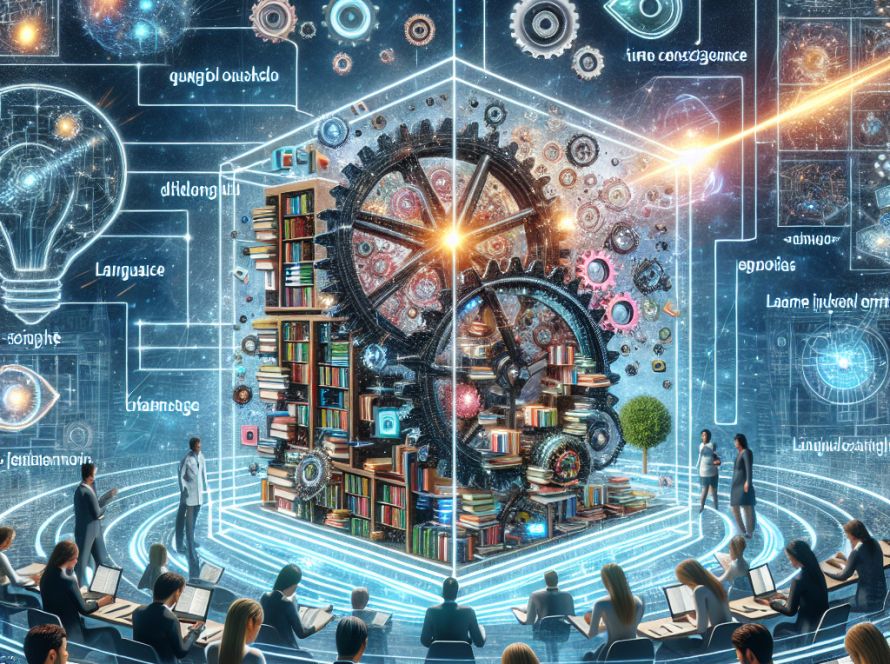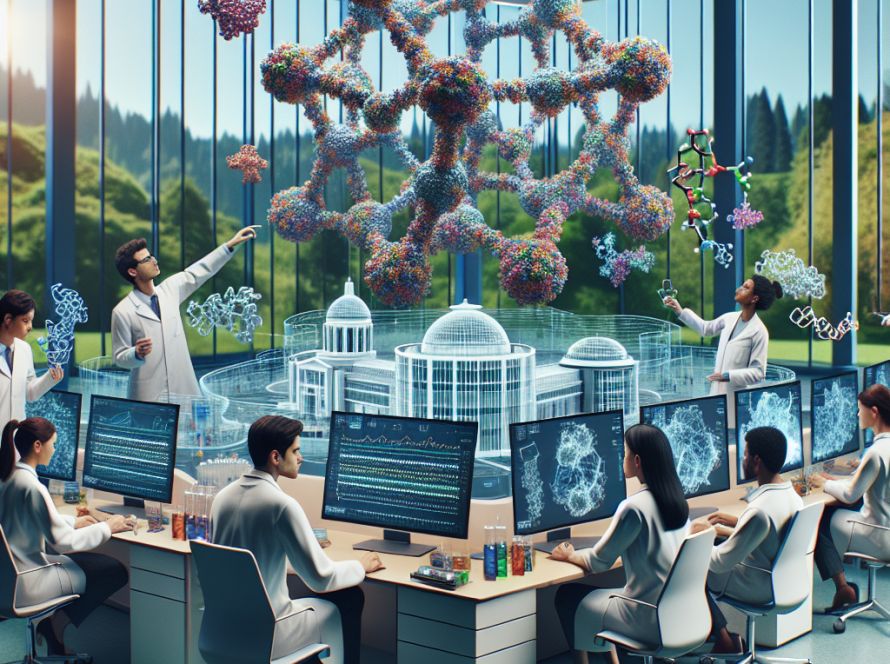Excitement is building in the legal world as US Chief Justice John Roberts expresses his cautious optimism over the developing role that Artificial Intelligence (AI) will play in the legal system. In his year-end report, Roberts wrote about how the legal system has benefitted from previously disruptive technological advancements such as typewriters, photocopiers, and computers.
The AI models are now able to pass the bar exam, and Roberts sees AI as an inevitable progression in the transformation of how lawyers and judges do their work. Roberts believes that AI can be used to democratize access to legal services as it can provide answers to basic questions, including where to find templates and court forms, how to fill them out, and where to bring them for presentation to the judge—all without leaving home.
However, Roberts also acknowledges that caution and humility are needed when using AI, as its propensity for hallucination made legal headlines for all the wrong reasons last year. As a result of this, former Trump attorney Michael Cohen had to sheepishly admit to the judge handling his case that AI had made up the case citations he provided to his lawyer.
While AI can be prone to mistakes, its ability to wade through volumes of data can be invaluable during discovery or in finding legal precedent. Roberts says that due to this capability “Legal research may soon be unimaginable without it.” He also says that the injudicious introduction of AI “risks invading privacy interests and dehumanizing the law.”
Humans are still better at detecting and responding to cues such as a shaking hand, a quivering voice, a change of inflection, a bead of sweat, a moment’s hesitation, or a fleeting break in eye contact. As AI becomes better at detecting sentiment and reducing hallucination, we are likely to see it become a lot more integrated into court proceedings. This integration is sure to be beneficial, as it will make the legal system more efficient and accessible. Therefore, it is no surprise that US Chief Justice John Roberts is cautiously optimistic about the use of AI in the legal system.


